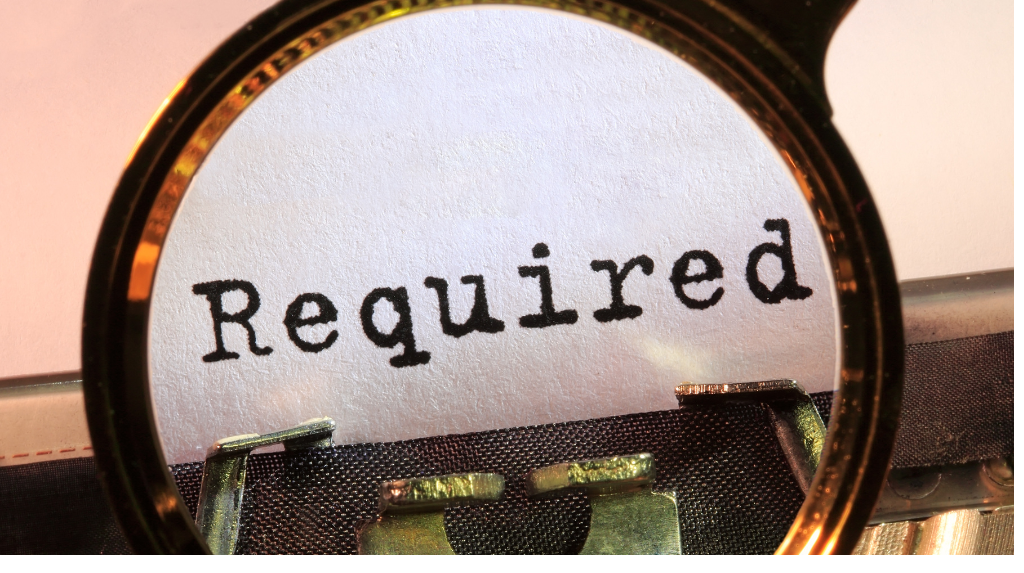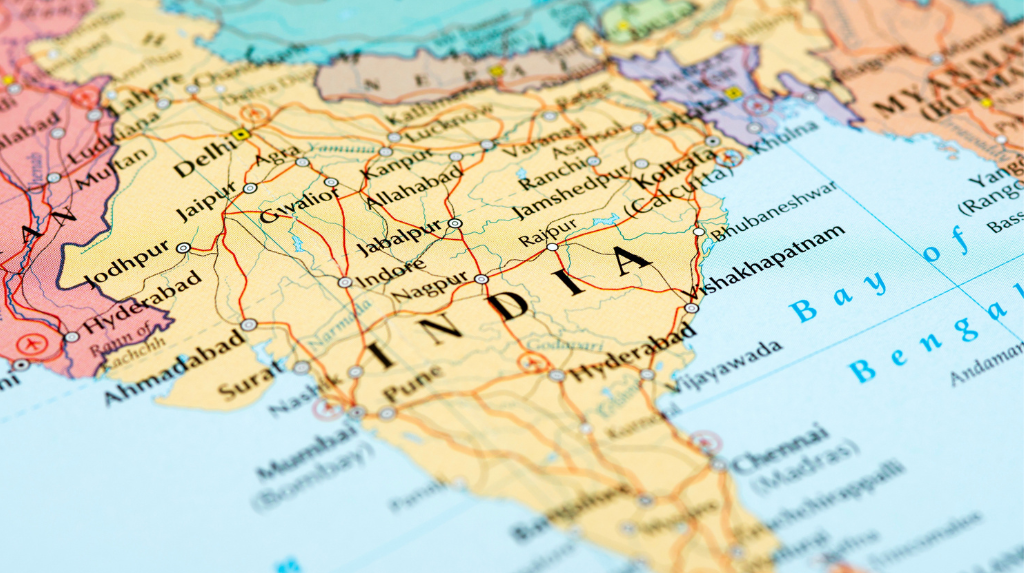Obtaining a visa to travel to India is an important step for individuals planning to visit the country. However, there are instances where visa applications are rejected, leading to frustration and confusion. In this article, we will explore the various reasons why an Indian visa may be rejected, providing you with valuable insights to ensure a successful visa application process.
Why Has My Indian Visa Been Rejected?
The Indian visa application process involves careful evaluation of several factors to determine the eligibility of the applicant. While each case is unique and subject to individual circumstances, there are common reasons why Indian visas may be rejected. Understanding these reasons will help you avoid potential pitfalls and increase the chances of a successful visa application.
Insufficient Documentation
One of the primary reasons for visa rejection is insufficient or improper documentation. Failure to provide the necessary documents or submitting incomplete forms can lead to rejection.
Inaccurate or Incomplete Information
Providing inaccurate or incomplete information in your visa application can result in rejection. Any inconsistencies or discrepancies may raise suspicions and lead to visa denial. Double-checking your application for errors or missing information is crucial before submission.
Criminal Record or Security Concerns
If you have a criminal record or are associated with activities that raise security concerns, your Indian visa application may be rejected. The Indian authorities prioritize the safety and security of their country, and any past criminal activities or affiliations with potentially harmful organizations can impact your visa approval. It is crucial to be transparent and disclose any relevant information regarding your background.
Previous Visa Violations
If you have violated the terms and conditions of a previous visa or overstayed your permitted duration of stay, your Indian visa application may be rejected. Consistent compliance with visa regulations is essential to maintain a good record and increase the chances of future visa approvals.
Financial Inadequacy
Financial stability plays a vital role in visa applications. If you are unable to demonstrate sufficient funds to support your travel and stay in India, your visa application may be rejected. The Indian authorities want to ensure that visitors have the means to cover their expenses during their stay and are not at risk of becoming a burden on the country’s resources. Providing adequate financial documentation and proof of funds is essential for a successful visa application.
Lack of Strong Ties to Home Country
To prevent the misuse of visas for illegal immigration or overstaying, the Indian authorities assess an applicant’s ties to their home country. If you are unable to demonstrate strong ties, such as employment, property ownership, family, or financial commitments, your visa application may be rejected. It is crucial to provide evidence of your intention to return to your home country after your visit to India.
FAQ
What should I do if my Indian visa is rejected?
If your Indian visa application is rejected, it is essential to understand the reason behind the rejection. Once you have identified the cause, you can rectify any deficiencies and reapply.
How long does it take to process an Indian visa application?
The processing time for an Indian visa application can vary depending on several factors, including the type of visa and the volume of applications received. Generally, it can take anywhere from a few days to a few weeks.
Can I appeal a rejected Indian visa application?
Yes, you can appeal a rejected Indian visa application. However, the appeal process varies depending on the type of visa and the reasons for rejection. It is crucial to carefully review the rejection notice and follow the instructions provided by the Indian authorities. Seeking legal advice or assistance from an immigration expert can also be beneficial during the appeal process.
Does a previous visa rejection affect future visa applications?
While a previous visa rejection does not automatically result in the rejection of future visa applications, it can impact the decision-making process. Consulting with immigration experts can provide valuable insights and guidance in such cases.
Can I reapply immediately after a visa rejection?
In some cases, you may be required to wait for a certain period before reapplying. It is crucial to carefully review the rejection notice and any guidelines provided to determine the appropriate timing for reapplication.
Are there any guarantees of visa approval?
No, there are no guarantees of visa approval. The Indian visa application process involves a comprehensive assessment of various factors, and the final decision rests with the Indian authorities.
Understanding the common reasons for Indian visa rejections is essential for a smooth visa application process. If you face any difficulties or uncertainties, seeking professional guidance from immigration experts can be beneficial.
Do you need support with your Indian visa application?
Contact our team of skilled immigration lawyers to discuss your visa and immigration needs.
Call us on +234 812 5505 986 or WhatsApp us at +234 818 1547 085 for immediate assistance with your situation. We are available to assist you in person, over the phone, or online.





